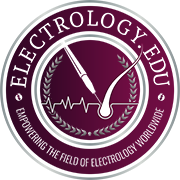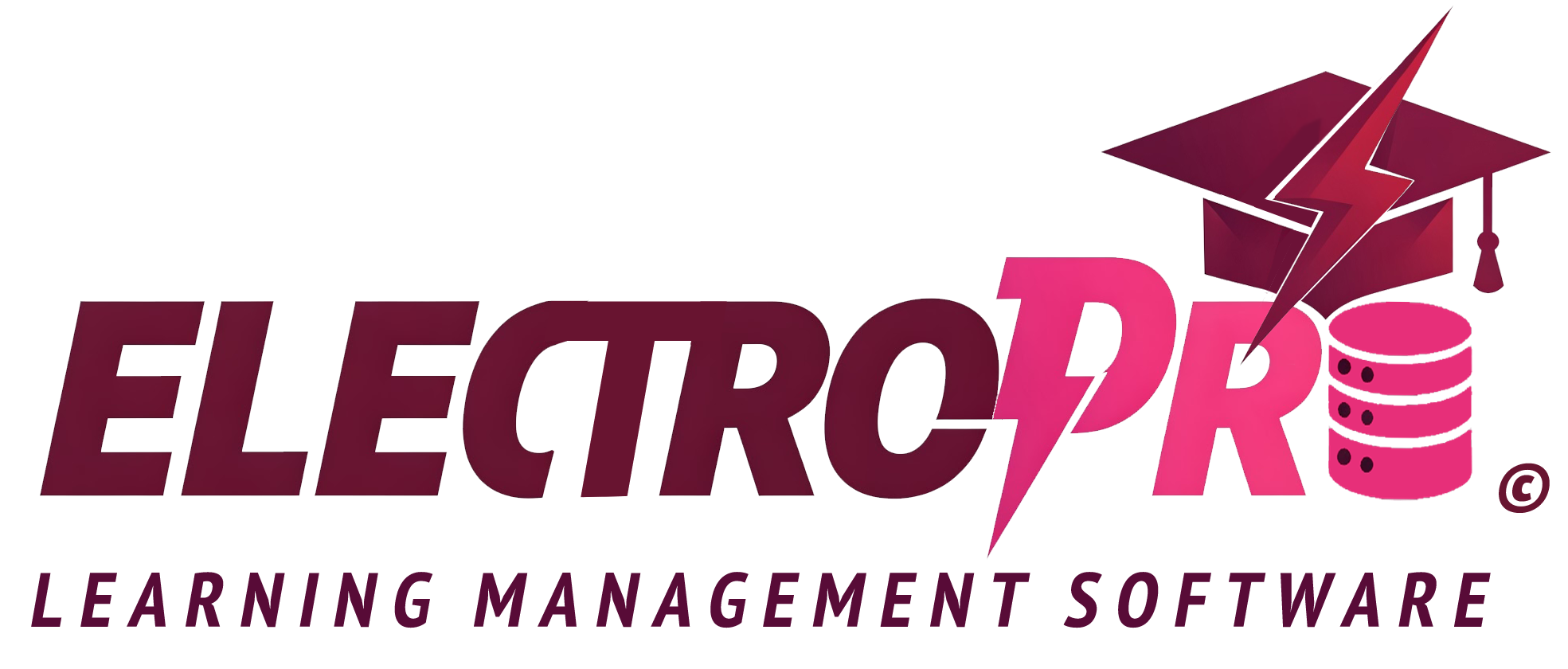|
Personalized Online Portal for Schools: Our service offers a state-of-the-art online portal designed specifically for electrology schools. Whether you run an in-person, online, or hybrid program, this portal helps you manage all administrative tasks in one place.
Features for Schools:
- Student registration and progress tracking
- Course management and scheduling
- Compliance tracking with licensing and certification requirements
- Efficient management of assignments, grades, and exams
- Automated communication tools for seamless interaction with students and staff
Why Choose Us: Our platform is built to cater to the unique needs of electrology schools, making the management of your institution simpler and more efficient
.
|
1. We House Your Course Data Similar to the Following
- Introduction to Electrology: Overview of the electrology field, history, and the importance of permanent hair removal methods.
- Anatomy & Physiology: Detailed lessons on skin structure, hair follicle anatomy, and the physiological processes involved in hair growth.
- Electrolysis Techniques: Step-by-step instructions on the different methods of electrolysis (e.g., galvanic, thermolysis, blend) and how each method works to permanently remove hair.
- Equipment & Tools: Education on the tools and equipment used in electrolysis, including safety protocols, proper use, and maintenance.
- Health & Safety Guidelines: Infection control, sanitation, and professional conduct.
- Client Consultation: Best practices for assessing and consulting with clients, including contraindications, expectations, and aftercare.
- State Regulations & Licensure: Information on state-specific requirements for electrology licensure and continuing education.
- Advanced Topics: Electrology for sensitive skin, advanced techniques, and troubleshooting difficult hair types.
- Hands-on Practice & Simulations: Virtual or augmented reality simulations for students to practice their techniques safely.
2. Course Delivery System Features
- Learning Management System (LMS): The course can be hosted on an LMS like Moodle, which allows students to access lessons, videos, quizzes, and assignments.
- Interactive Content: Use of videos, animations, and diagrams to demonstrate key concepts in electrology, such as the working of electrolysis machines or hair follicle anatomy.
- Assessments: Quizzes, multiple-choice questions, and assignments after each lesson to ensure students understand the material.
- Final Exam/Certification: A comprehensive exam at the end of the course to test knowledge gained. Successful completion of the course would result in a automated certificate of completion.
- Discussion Forums & Community Interaction: Allow students to discuss course content, share experiences, and ask questions in an online community setting.
- Live Webinars/Workshops: Regular live sessions for interactive learning, where students can ask questions and discuss real-life scenarios with instructors.
3. Student Enrollment & User Management
- Student Registration: Easy online enrollment with secure payment options for both one-time payments or subscription-based models.
- Personalized Dashboard: Each student would have a dashboard to track their progress, view upcoming modules, and check their scores on quizzes and assignments.
- Access to Resources: Digital textbooks, instructional videos, and downloadable resources that can be accessed at any time.
4. Progress Tracking & Reports
- Progress Tracker: Real-time monitoring of a student's progress in each module, including their quiz results and course completion rate.
- Certification Tracking: Allow students to track when they earn their certificates and provide the option to print or download a digital certificate of completion.
5. Mobile & Accessibility
- Mobile-Friendly Platform: Ensure the course system is responsive and accessible on all devices (smartphones, tablets, laptops) so students can learn on-the-go.
- Multilingual Support: Offer courses in different languages to cater to a broader audience.
- Accessibility Features: Incorporate accessibility features like captions for videos, text-to-speech options, and easy navigation for students with disabilities.
6. Instructor Tools
- Content Management: Instructors can upload new content, modify existing content, and track student performance.
- Grading System: Built-in grading systems for assignments, quizzes, and exams, with customizable grading rubrics.
- Student Feedback: Ability for instructors to give detailed feedback on student assignments and exams to help them improve their skills.
- Live Feedback Sessions: Scheduling live sessions to review student progress and provide guidance on difficult topics.
7. State/Regional Licensing Integration
- State-Specific Content: Include content on the requirements and regulations for electrology licensure in different states and countries.
- Certification Exam Preparation: Provide practice exams and resources tailored to preparing students for state licensure exams in electrology.
- Continuing Education: Offer additional courses for professionals who want to meet their continuing education requirements for maintaining licensure.
8. Marketing & Enrollment Tools
- Promotions and Discounts: Implement promotional campaigns or offer discounts for early enrollment or group registrations.
- Affiliate Program: Allow partners or influencers to promote the course and earn commissions for successful enrollments.
- Course Previews: Free mini-courses or lessons to give potential students a taste of what they will learn in the full course.
9. Support System
- Student Support: 24/7 customer support system for students to resolve any technical issues or questions about course content.
- Instructor Support: Support for instructors to manage content and assist students effectively.
- Live Chat Feature: Live chat support for quick assistance or guidance.
10. Post-Course Job Placement Assistance
- Job Board: Provide a job board listing opportunities for electrologists in various regions.
- Career Guidance: Resources to help students prepare for job interviews, build resumes, and find employment opportunities in the electrology field.
- Alumni Network: Foster an alumni network where graduates can share their career experiences, job leads, and additional training opportunities.
|



